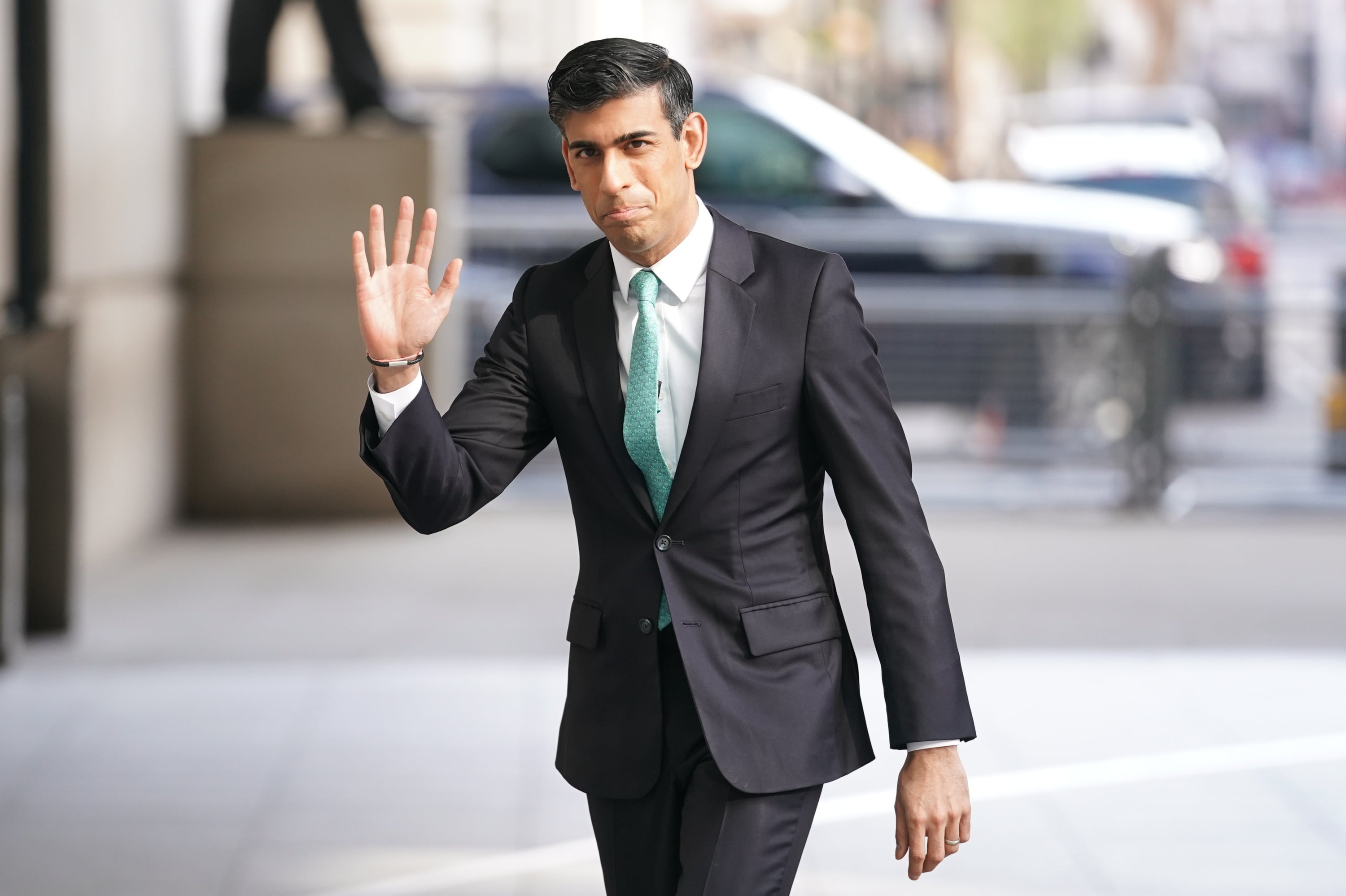You need money to cut your cost of living – many don’t have that option
You could look at insulating your home. You could consider investing in having solar panels installed. The trouble is, those options are expensive


Your support helps us to tell the story
From reproductive rights to climate change to Big Tech, The Independent is on the ground when the story is developing. Whether it's investigating the financials of Elon Musk's pro-Trump PAC or producing our latest documentary, 'The A Word', which shines a light on the American women fighting for reproductive rights, we know how important it is to parse out the facts from the messaging.
At such a critical moment in US history, we need reporters on the ground. Your donation allows us to keep sending journalists to speak to both sides of the story.
The Independent is trusted by Americans across the entire political spectrum. And unlike many other quality news outlets, we choose not to lock Americans out of our reporting and analysis with paywalls. We believe quality journalism should be available to everyone, paid for by those who can afford it.
Your support makes all the difference.Rishi Sunak is the richest MP in the House of Commons. It is worth bearing that in mind in the context of how he treats the poorest people in the country whose finances he oversees.
The latest figures suggest those finances are in better shape than anyone expected. That gives him room for manoeuvre as he faces his biggest crisis: inflation, ie. the cost of living crisis it has created. The official rate of inflation is big and ugly enough, but, as my colleague Hamish McCrae explained this week, it is possible to reduce its impact.
Your own personal rate of inflation need not be as high as the official Consumer Price Index (CPI). But here’s the problem: you have to have money in the first place to be able to do that. Some people do not have enough to reduce their personal inflation at all.
Let’s take grocery shopping as an example. According to Which?, you would have paid £9 less for a basket of 22 groceries by buying them at Lidl, the cheapest grocer in December, compared to Waitrose, the priciest. But what if you were already doing your shopping there because they were the only grocers with prices cheap enough for you to feed your family?
Across 2021, Which? found the rate of inflation for its basket of items was 5.13 per cent at Lidl, and 4.32 per cent at Aldi, higher than at any of the traditional “big four” (Tesco, Sainsbury’s, Morrisons, Asda). That inflation would, obviously, have been very hard for existing shoppers at the pair to avoid.
Energy bills can also be reduced if you have the means to do so. You could look at insulating your home. You could consider investing in having solar panels installed. The trouble is, those options simply aren’t available for those living at the sharp end of the cost of living crisis. They’re expensive and those people anyway tend to live in rented accommodation. Their only option for cutting bills is to stop using gas/electricity; to freeze when the weather is cold.
This is a calamity more than a crisis.
To keep up to speed with all the latest opinions and comment sign up to our free weekly Voices newsletter by clicking here
The Joseph Rowntree Foundation (JRF) has said that a staggering 9 million families who receive benefits due to low income will be £500 worse off in real, inflation adjusted, terms from April 3.
The Trussell Trust, which supports the UK’s largest network of food banks, says that amounts to at least two monthly food shops for the average family on Universal Credit, which, you may remember, the government reduced by £20 as it was lifting its pandemic restrictions.
Their data for April to September 2021 also shows a whopping 75 per cent increase in the use of food banks when compared to the same period in 2016. Anyone with a conscience should be deeply disturbed by that.
Britain’s social security system is failing to provide any meaningful security to the people who need it. It is a “safety net” full of gaping holes. There really are people on these islands who are now struggling to scrape together enough for them and their children to eat, regardless of where they shop for their food. And their numbers are rising.
Political choices have created this situation and political choices could yet ameliorate it. The five per cent Lidl question is this: does Mr Sunak, the richest MP in the House of Commons, want to do that?
Join our commenting forum
Join thought-provoking conversations, follow other Independent readers and see their replies
Comments